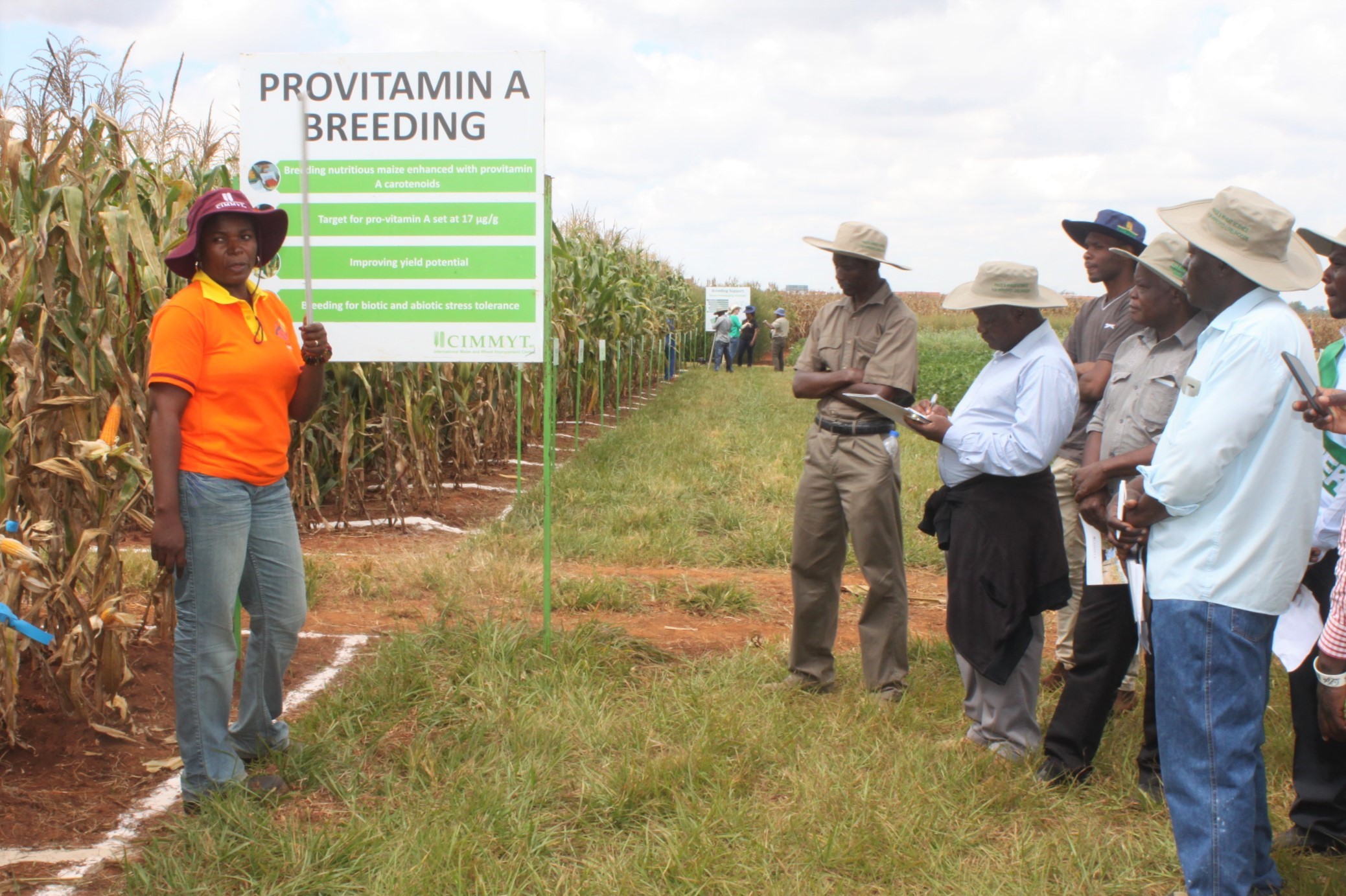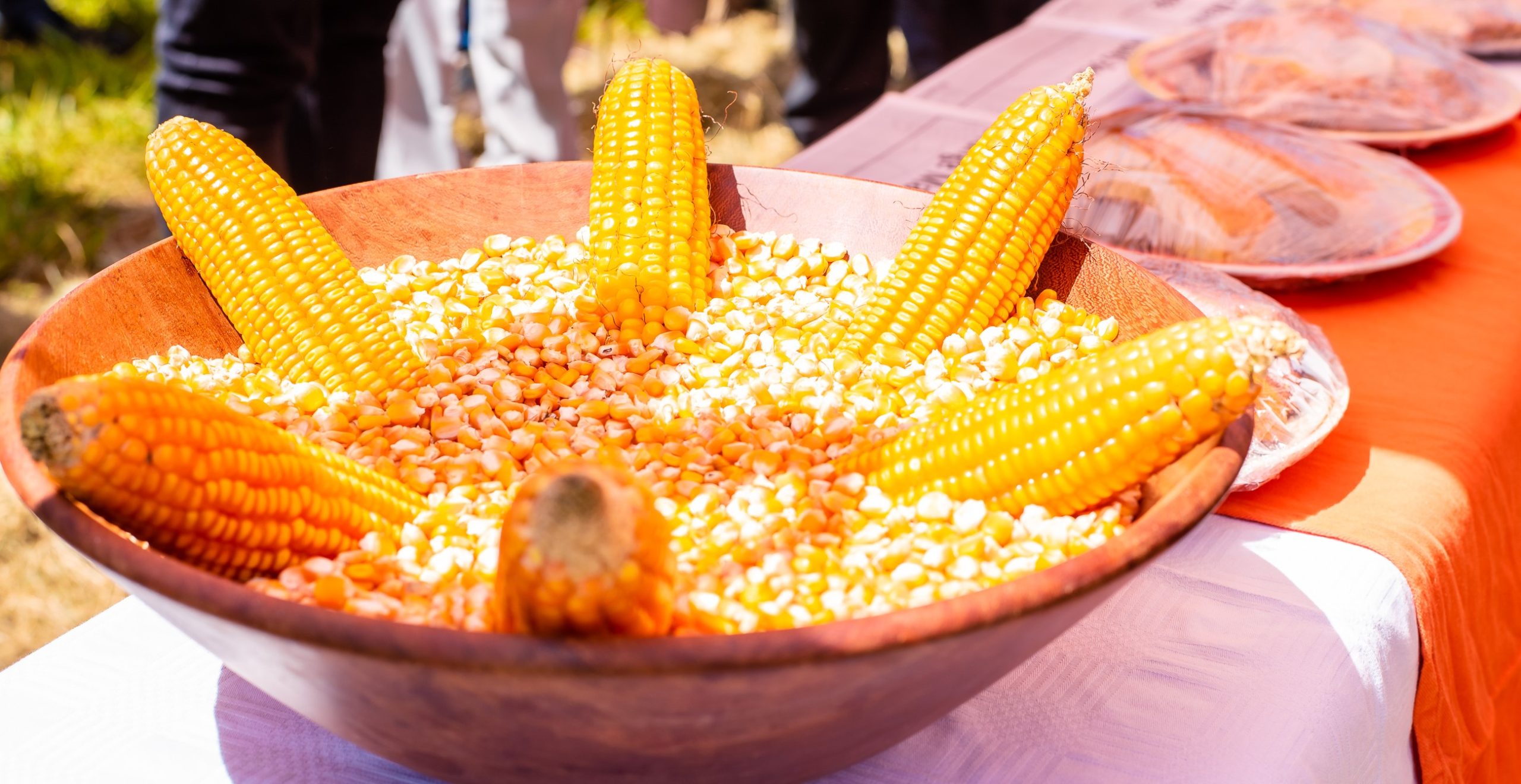The “double burden of malnutrition” refers to the seemingly paradoxical coexistence of obesity and undernutrition. It affects people whose diet consists primarily of “empty” calories: high-energy foods lacking in essential vitamins and minerals.
This project takes aim at both issues by combining improved agronomic practices with the use of biofortified maize varieties, to increase the nutritional value of maize, Zimbabwe’s most important, high-calorie staple food crop.
This project, whose full title is “Addressing malnutrition with biofortified maize in Zimbabwe: From crop management to policy and consumers”, will carry out on-station trials at Harare Research Station and Domboshava Training Centre, and conduct on-farm trials with 60 farmers in two wards in Murehwa district. These trials will help researchers predict the effect of bio + agro fortification at the national level. Project findings will be broadly disseminated through a well-defined stakeholder engagement strategy.
Objectives:
- Evaluate new Provitamin A maize varieties and the next generation of multiple-biofortified lines under different agronomic practices to gain knowledge on the combination of bio + agronomic fortification.
- Determine the actual nutrient content of the new Provitamin A lines in farmers’ fields with a range of different soil fertility levels and under farmers crop management.
- Evaluate the possible impact of the combined bio + agro fortification approach on micronutrient uptake and human health by integrating the new grain composition with food supply data from household/individual dietary surveys at country level in Zimbabwe.
- To move knowledge into practice, the information developed throughout the project will be distributed to stakeholders working in nutrition in Zimbabwe. This will ensure that the knowledge generated in the project helps farmers and consumers to maximize the benefits from biofortified crops.


 Nutrition, health and food security
Nutrition, health and food security 